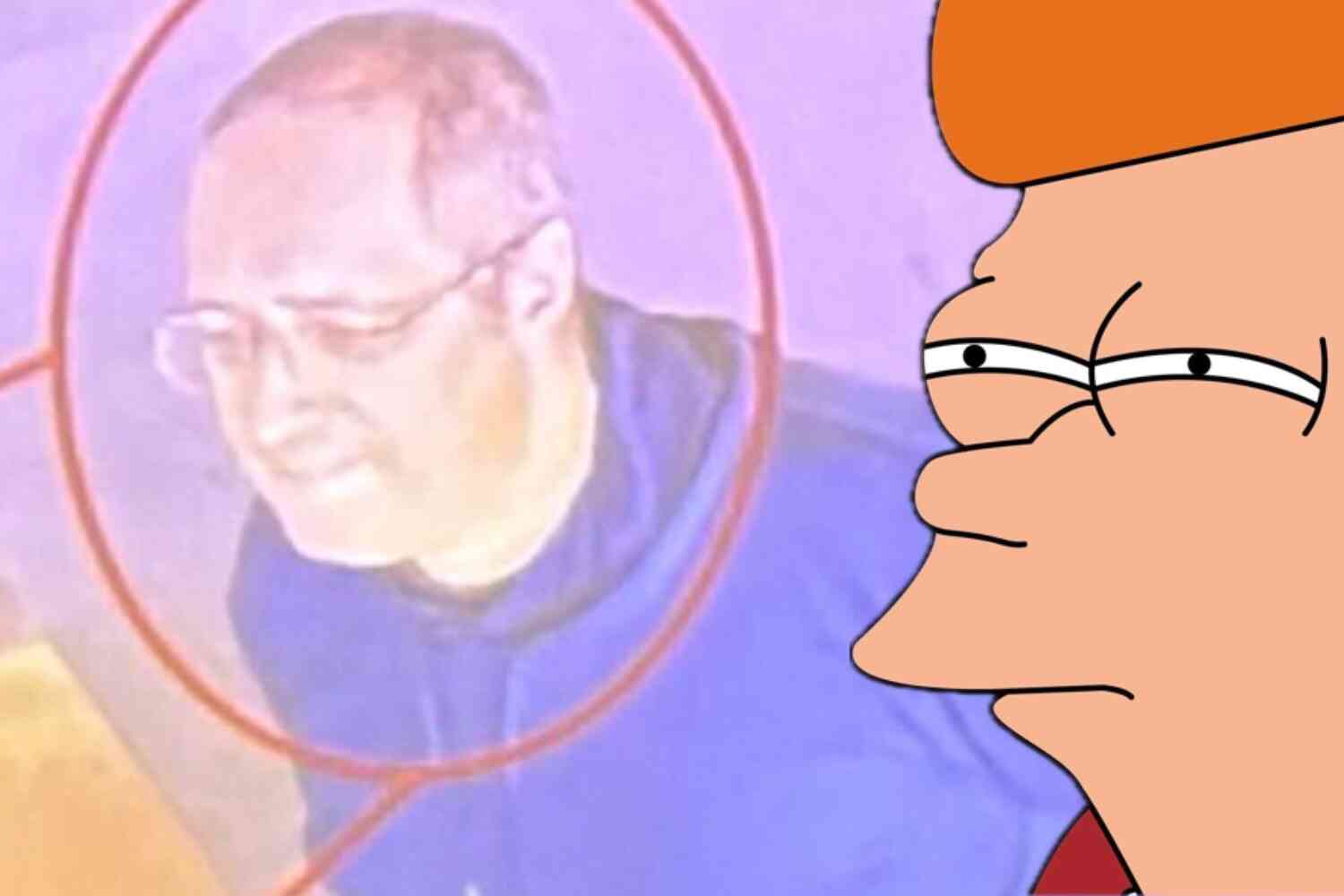Political commentator Auron McIntyre says "progressivism will hollow out your religion and wear its skin like a trophy." In this case, they want to wear the skin of the King of Beasts, the son of the Emperor-over-the-sea.
That is a real headline from Screenrant published last Friday.
Writer Patricia Heyssel had this to say:
The timeless tales of Narnia have always been steeped in allegory, mainly influenced by Lewis's Protestant Christian beliefs. The story's heavy religious undertones, particularly at the end of the final volume, The Last Battle, risk alienating those from other faiths. Even those who share that faith may not wish to see such a heavy-handed portrayal in an escapist fantasy series.
It is a marvel to see such poison at work.
The entire purpose of the Chronicles of Narnia was to tell a myth that reflected the "True Myth," as author CS Lewis put it, of Jesus Christ. Lewis was a professor of English literature at Oxford and Cambridge and wrote extensively on mythology, believing that pagan religious stories and traditions often had similarities to biblical truths because God has made Himself evident to mankind (Romans 1). Like the Apostle Paul speaking before the men of Athens using their traditions and beliefs, Lewis sought to use mythology and fairy tales to convey truth to the wider, post-modern culture.
The effect was electric. Lewis reached hundreds of millions of people with an loose allegory, set in a fantastical world, that taught about truth, honor, evil, and destiny. Quoting the Apostle Paul again, Lewis said this about fairy tales:
When I was ten, I read fairy tales in secret and would have been ashamed if I had been found doing so. Now that I am fifty, I read them openly. When I became a man I put away childish things, including the fear of childishness and the desire to be very grown up.
Aslan the Great Lion is a representation of Christ. There can be no Aslan without Christ; it would be an impossibility. Without Christ, there is only a magical lion - some whimsical fancy of a tale where a talking beast enchanted children in a magic forest.
But Aslan is the creator of all things - the king who was there when the Deep Magic of the universe was written - the lord of lords who holds all power and majesty and has no equal.
This is a profoundly Christian idea, and there is no way to divorce it from the tale without Narnia ceasing to be Narnia.
But Patricia Heyssel thinks such ideas are too "1950s" and should be rewritten:
The Chronicles of Narnia books were published in the 1950s, so adapting them for present-day viewers could prove a challenge for Netflix. It will have to weigh its options carefully when deciding which parts of the source material to keep and which ones to get rid of.
Tell me, Patricia, how much Turkish Delight did Queen Jadis the White Witch give you to stump for endless winter in Narnia?

The subject here is eternal truth. Lewis, through Narnia, posits that it exists. There is that objective "Deep Magic" that rules all things. The universe is created and ordered and therefore has a Creator. This Creator, amazingly, seems to care for His creation, and bestows the honor of ruling alongside Him to the "sons of Adam" and the "daughters of Eve."
To erase this is actually, in every way I can possibly think of, exactly what the White Witch was attempting to do since she came into Narnia, ate the forbidden fruit, and began undoing the work of Aslan that the lion had sung into existence.
Or perhaps it is more like the work of Shift the monkey, who found a lion skin and put it on Puzzle the donkey to pretend Aslan had returned so all of Narnia could be deceived.
Yes, telling people that story from The Great Battle might do great harm to those like Patricia, who wouldn't want us to get silly ideas about God, love, or eternity!
Beyond the issue of religion, the ending of The Chronicles of Narnia is bleak and unsatisfying. The sudden demise of all but one of the main cast is disheartening.
This is how Patricia describes going to heaven where there is no more sorrow but endless joy in the presence of God ("bleak and unsatisfying")!
Peter, Edmund, and Lucy were killed in a train wreck, but entered eternity, while their unbelieving sister Susan, who had forgotten Narnia and was obsessed with herself, survived.
"And as He spoke He no longer looked to them like a lion; but the things that began to happen after that were so great and beautiful that I cannot write them. And for us this is the end of all the stories, and we can most truly say that they all lived happily ever after. But for them it was only the beginning of the real story. All their life in this world and all their adventures in Narnia had only been the cover and the title page: now at last they were beginning Chapter One of the Great Story, which no one on earth has read: which goes on for ever: in which every chapter is better than the one before." - CS Lewis, "The Last Battle"
Patricia couldn't have gotten it more backwards if she tried!
...avoiding the explicit mention of the crash and including Susan's presence might strike a balance between honoring the source material and providing closure for all characters.
Patricia, the point is that Susan is lost and doomed in her own ego and sin, whereas her brothers and sister, though dead, are now free on an endless adventure. There is no closure for Susan because she is left, as it were, in the City of Destruction from "The Pilgrim's Progress." Lewis said that perhaps she would make her own journey to Aslan's country one day, but he refused to write that tale.
She serves as a warning to us all. Do you know anything about plot or storytelling??
As with the Disney series in the 2000s and the BBC movies in the late '80s, Netflix's Chronicles of Narnia remake could end up being canceled before reaching its conclusion. While this scenario might not be ideal, it could mitigate the pressures of crafting a satisfactory ending.
I would welcome this with open arms. Wokeism can't make good stories of its own; it has no myths, no magic, no power. It merely copies what it sees, carves it out, and extracts whatever life it can before casting aside the corpse and moving on to the next target.
I would much rather that Netflix never gets its fingers on Narnia than mar it for a whole generation.
By destroying stories that point to Jesus Christ - especially stories that were created with that specific purpose - you are doing the actual work of Satan.
"In your world, I have another name. You must learn to know me by it. That was the very reason why you were brought to Narnia, that by knowing me here for a little, you may know me better there." - Aslan, The Voyage of The Dawn Treader










